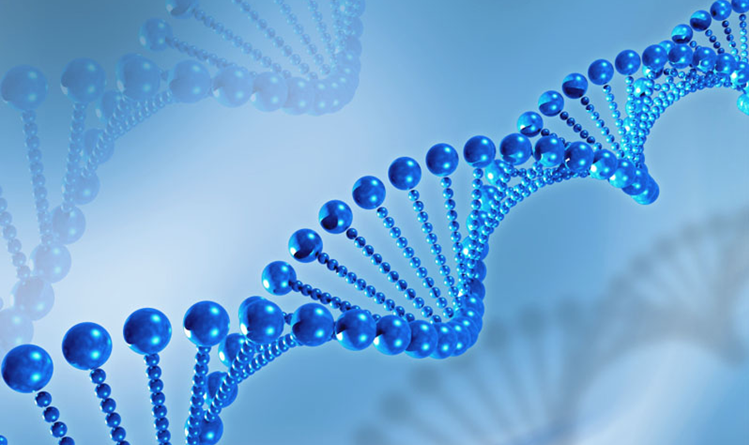What are Recombinant Proteins? Why do we need them?
Proteins are the workhorses of biological systems, supporting the majority of biological processes in a cell such as gene expression, cell growth, proliferation, nutrition uptake, intercellular communication, and apoptosis.
What exactly are recombinant proteins?
Recombinant proteins are proteins that are encoded by recombinant DNA that has been cloned in an expression vector that facilitates gene expression and messenger RNA translation.
The application of recombinant DNA technology to modify the gene can result in the production of a mutant protein. Recombinant protein is an altered form of native protein that is produced in a variety of methods to boost protein output, change gene sequences, and produce useful commercial products.
The genetic level of recombinant protein production begins with the isolation and cloning of the coding sequence for the protein of interest into an expression plasmid vector. The majority of recombinant proteins used in medicine are derived from humans but expressed in microorganisms like bacteria, yeast, or animal cells in culture.
The cost-effectiveness, simplicity, and speed of the procedure, together with appropriate product yields, drive recombinant protein manufacturing for research purposes.
Why do we need recombinant proteins?
1. Biomedical Research
Recombinant proteins can help researchers better understand protein-protein interactions. Recombinant Protein microarrays for studying protein-protein interactions have recently gained popularity to study how the two agents interact with one another.
Recombinant proteins have demonstrated performance in a variety of scientific techniques, including ELISA, western blot, and immunohistochemistry (IHC). Enzymatic tests are created using recombinant protein. Recombinant proteins can be used as measuring standards in ELISA and as positive controls in western blots and IHC when used in conjunction with a matching antibody pair.
Recombinant proteins are useful tools for studying the biological response to stress and disease. Researchers can find novel possible treatment options by administering recombinant proteins and peptides to animal models of disease.
2. Biotherapeutic Recombinant Proteins
The majority of human disorders are systemically or partially connected to protein malfunction. Therapeutic proteins are crucial in the treatment of a wide range of disorders, including diabetes, cancer, infectious disorders, haemophilia, and anaemia. Antibodies, Fc fusion proteins, hormones, interleukins, enzymes, and anticoagulants are examples of common therapeutic proteins.
The Hepatitis B vaccine is one of the multiple RP vaccines licensed by the FDA for the protection of infection caused by all known subtypes of the Hepatitis B virus. Recombinant proteins are effective medications with fewer off-target side effects and a shorter development time than small compounds.
Recombinant proteins clinic includes recombinant hormones, interferons, interleukins, growth factors, tumour necrosis factors, blood clotting factors, thrombolytic drugs, and enzymes used to treat major diseases such as diabetes, dwarfism, myocardial infarction, congestive heart failure, cerebral apoplexy, multiple sclerosis, neutropenia, thrombocytopenia, anaemia, hepatitis.
3. Animal Husbandry
Recombinant proteins can be added to animal feed to boost the nutritional content of feed ingredients, lower feed and waste management costs, promote animal gastrointestinal health, improve animal performance, and improve the environment in the breeding business.
Conclusion
Biotechnology advancements have boosted and facilitated the manufacturing of recombinant proteins for a variety of purposes. The value of recombinant proteins in basic life science research, diagnostic reagents, and medicinal medications has grown dramatically.
The importance of recombinant proteins in biotechnology cannot be overstated. We also hope to see more advances in the use of recombinant proteins in the treatment of various ailments. For more information: https://www.jubilantbiosys.com/


